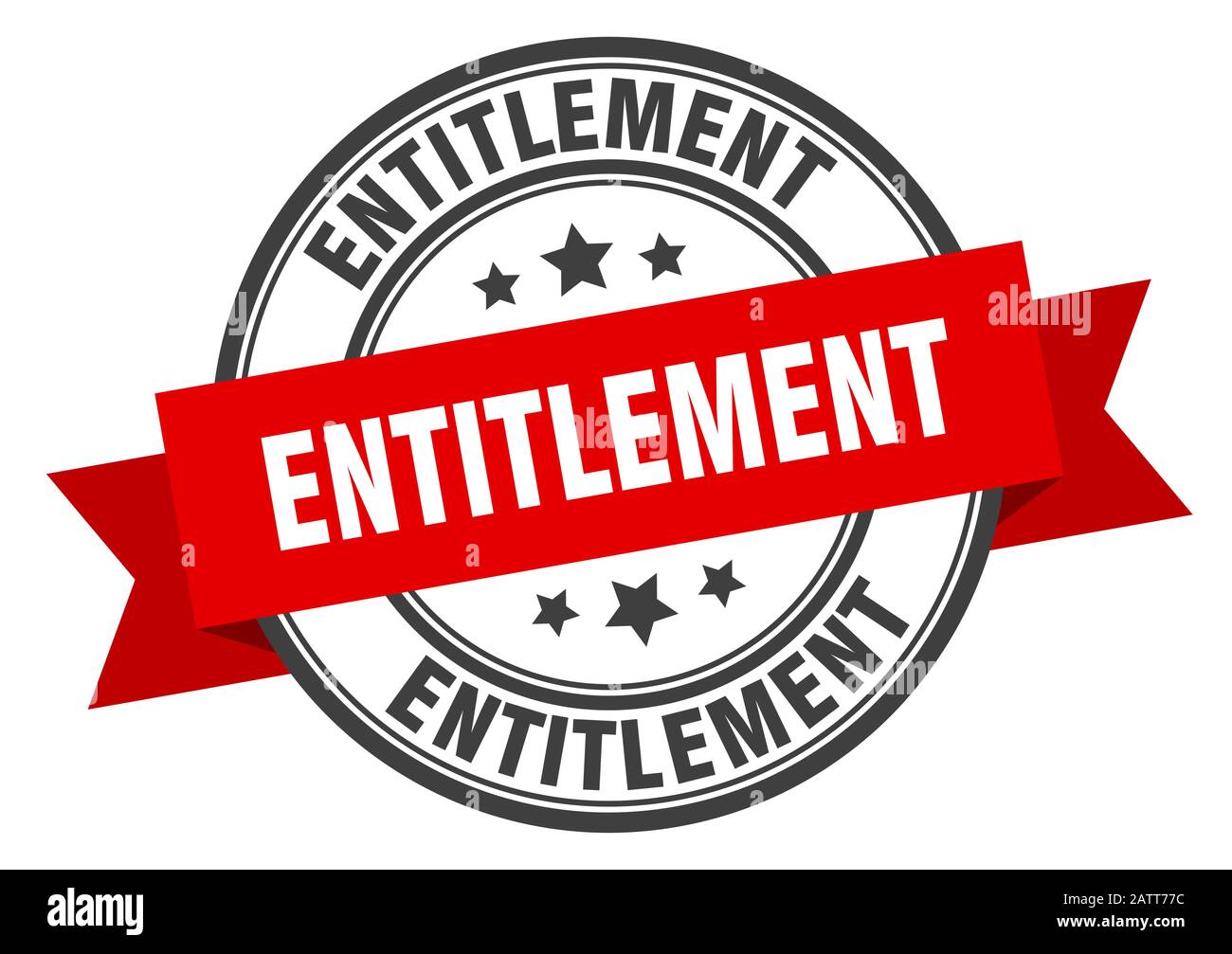Entitlement: A Double-Edged Sword
 Entitlement. It's a word that evokes images of spoiled children throwing tantrums or adults expecting special treatment without justification. But entitlement is a complex concept with a duality that extends far beyond these stereotypes.
Entitlement. It's a word that evokes images of spoiled children throwing tantrums or adults expecting special treatment without justification. But entitlement is a complex concept with a duality that extends far beyond these stereotypes.
It encompasses both legitimate rights and a distorted sense of privilege. Understanding this duality is crucial for navigating social interactions, fostering healthy self-esteem, and building a more equitable society.
The Rightful Side of Entitlement
At its core, entitlement refers to a feeling of deservingness. It's the belief that you have a right to something, whether it's a basic need, a fair treatment, or an earned reward.
This sense of entitlement can be a powerful motivator. It fuels our fight for justice, our pursuit of education, and our desire for a better life.
- Rights and Legitimate Entitlements: We are entitled to certain fundamental rights, enshrined in laws and social contracts. These include the right to life, liberty, and security of person, as well as access to basic necessities like food, shelter, and healthcare. When these rights are violated, a healthy sense of entitlement compels us to speak up and demand what's rightfully ours. Think of social justice movements fighting for equality or individuals asserting their rights against discrimination.
- Earned Entitlements: Entitlement can also be earned through hard work, dedication, and perseverance. If you spend years studying for a degree, you're entitled to expect a decent job opportunity in that field. Similarly, an employee who consistently exceeds expectations may feel entitled to a raise or promotion. This type of entitlement is a positive reinforcement, driving us to invest time and effort to achieve our goals.
The Shadow Side of Entitlement
However, the sense of deservingness can morph into an unhealthy entitlement when it becomes detached from reality or fairness. This is where the negative connotations of the word come into play.
- Unearned Privilege and Arrogance: An inflated sense of entitlement can lead to believing you deserve privileges simply because of who you are, not what you've done. This can manifest in arrogance, a disregard for the needs of others, and a belief that rules don't apply to you. Imagine someone who cuts in line because they feel their time is more valuable, or someone who expects special treatment due to their social status.
- Narcissism and a Lack of Empathy: An unhealthy sense of entitlement is often intertwined with narcissism. Individuals with this mindset believe they are inherently superior and deserving of admiration. They lack empathy for others and struggle to see things from different perspectives. This can create a toxic environment in personal and professional relationships.
- Apathy and Disappointment: Ironically, an inflated sense of entitlement can also lead to apathy and disappointment. When everything feels like it's owed to you, there's little motivation to work for it. This can result in a sense of frustration when expectations aren't met, leading to feelings of anger and resentment.
The Roots of Entitlement
Where does this distorted sense of entitlement come from? Several factors can contribute:
- Parenting Styles: Overly permissive or indulgent parenting can lead to a lack of understanding about boundaries and the need for effort. Children raised with "yes" as the default answer may not develop a strong work ethic or appreciate the value of delayed gratification.
- Socioeconomic Background: Growing up in a privileged environment can foster a sense of entitlement, especially if surrounded by people who cater to one's needs.This can make it difficult to understand the realities faced by those less fortunate.
- Social Media Culture: The curated and often unrealistic portrayals of success on social media can contribute to feelings of inadequacy and a desire for instant gratification. This can fuel a sense of entitlement, leading people to believe they deserve the same level of success without putting in the necessary work.
Curbing Unhealthy Entitlement
So, how do we cultivate a healthy sense of entitlement while avoiding its pitfalls? Here are some strategies:
- Develop Gratitude: Practicing gratitude for what you have, earned or not, can counter an inflated sense of entitlement. Take time to appreciate the people in your life, your opportunities, and the effort that went into achieving what you have.
- Embrace Effort and Responsibility: Promote a culture of hard work and perseverance. Teach children that success is earned, not a birthright. Encourage them to take responsibility for their actions and understand the consequences of their choices.
- Empathy and Perspective-Taking: Developing empathy allows us to see the world from another's point of view.expand_more Expose yourself to different experiences and stories, and encourage open communication to understand the challenges faced by others.
- Promote Equity and Fairness: Advocate for systems and institutions that ensure






































